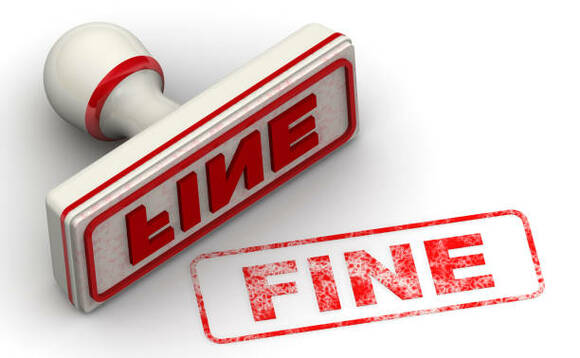Credit Suisse has agreed to pay a total of $475m in fines after reaching agreements with UK, US and Swiss authorities to resolve charges of "fraudulently misleading investors" and violating anticorruption law in the so-called "tuna bond" offerings in Mozambique.
The Swiss-headquartered financial giant also forgive $200m of debt owed by Mozambique as part of the separate settlements with four regulators in three countries.
Its agreements were with the US Department of Justice and Securities and Exchange Commission, the UK's Financial Conduct Authority and Switzerland's Finma over the affair.
Mozambique's "hidden debt" scandal stemmed from loans in 2013 and 2014 to three public companies to finance a tuna fishing project, debt the government masked from the nation's parliament.
When details finally surfaced in 2016, donors such as the International Monetary Fund cut off financial aid, and the southern African country was plunged into a financial crisis, as it defaulted on debt payments and the currency collapsed.
The transactions "that raised over $1 billion were used to perpetrate a hidden debt scheme, pay kickbacks to now-indicted former Credit Suisse investment bankers along with their intermediaries, and bribe corrupt Mozambique government officials," the US Securities and Exchange Commission said in a statement.
Credit Suisse bankers "falsely represented" to investors that proceeds from the loans would go exclusively to develop Mozambique's tuna fishing industry and generate revenues to pay debt payments, the SEC said.
Bankers received at least $50m in kickbacks, part of at least $200 million in total kickbacks to players in the scandal that included Mozambican government officials, the SEC said.
A unit of the big Swiss bank pleaded guilty to one count of conspiracy to commit wire fraud as part of a three-year deferred prosecution agreement between the parent company and with US criminal authorities, the US Justice Department said.
The company is paying a total of in $547 million in penalties, fines, and disgorgement as part of coordinated resolutions with US and British criminal and civil authorities, the statement said.
Credit Suisse said in a statement that it "failed to conduct its business with due skill, care and diligence," but said "has already taken decisive steps to strengthen its relevant governance and processes."
The UK's Financial Conduct Authority (FCA) said the bank had "failed to properly manage the risk of financial crime".
Executive director of enforcement Mark Steward said: "The FCA's fine reflects the impact of these tainted transactions which included a debt crisis and economic harm for the people of Mozambique.
"The fine would have been higher if not for Credit Suisse agreeing to provide the debt write-off of $200m."
According to the FCA, a Mozambique government contractor secretly paid "significant kickbacks, estimated at over $50m, to members of Credit Suisse's deal team" between 2012 and 2016 in order to secure loans at more favourable rates.
Two managing directors at the investment bank were among those to allegedly receive the bribes.
Meanwhile, Mozambican officials received at least $137m in bribes during the same period, the FCA said.
The US Securities and Exchange Commission (SEC) said Credit Suisse had "deficient internal accounting controls, which failed to properly address significant and known risks concerning bribery".
The bank has agreed to pay the SEC nearly $100m, the regulator said.
The fine comes as 19 individuals - including the son of former President Armando Guebuza - have gone on trial in Mozambique charged with bribery, embezzlement and money laundering. They deny the claims.





